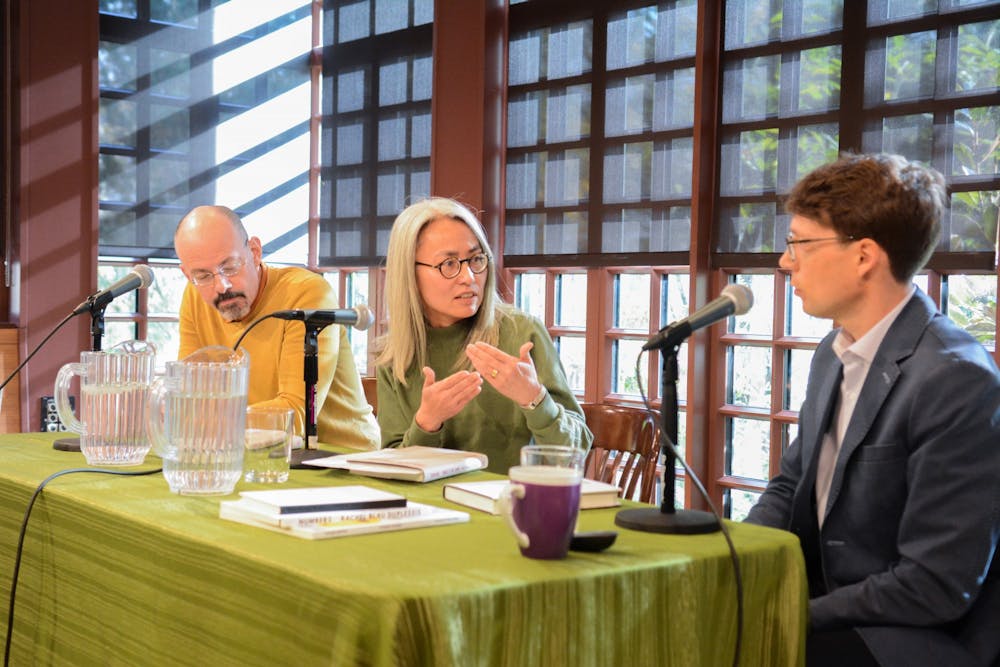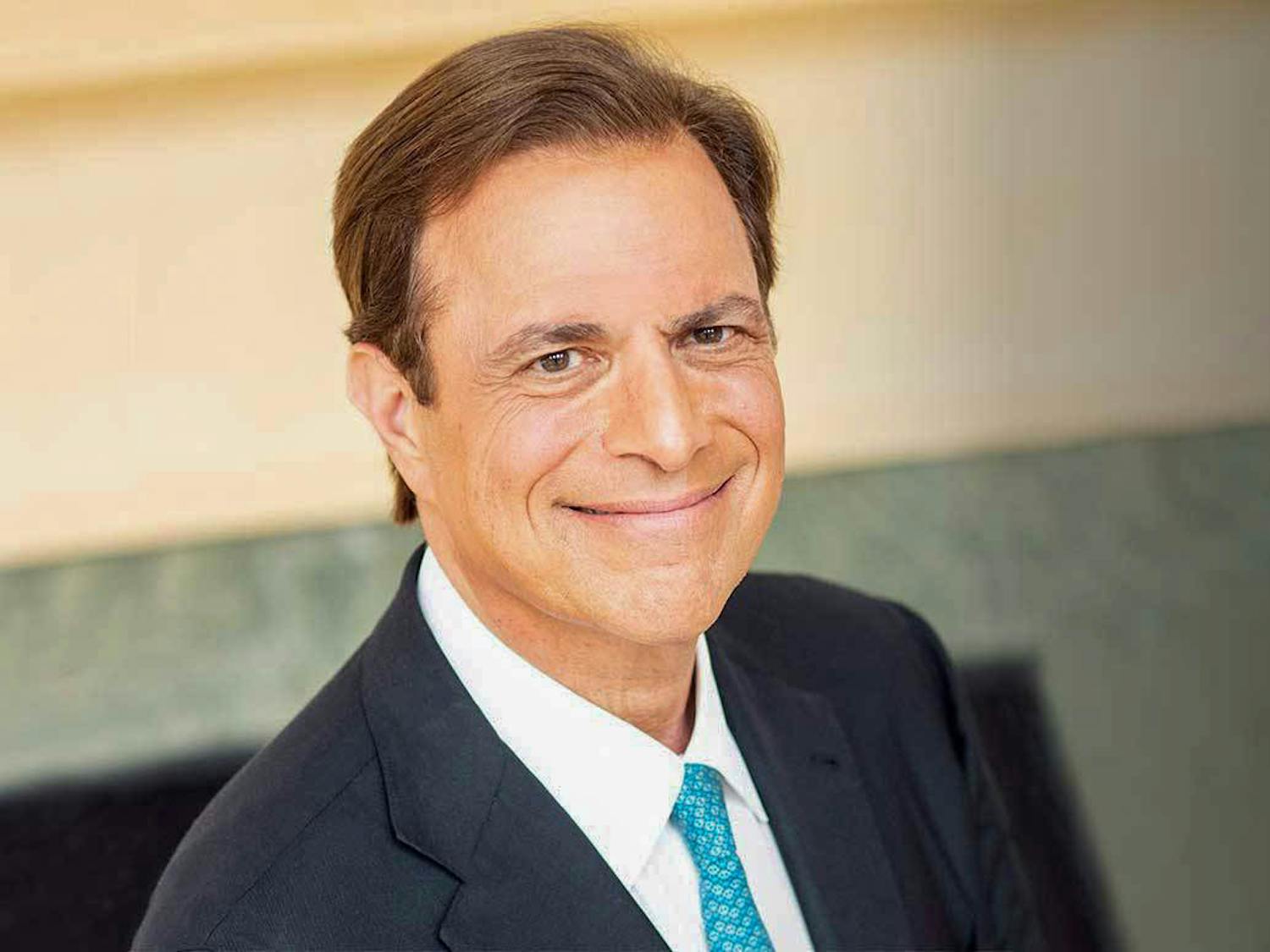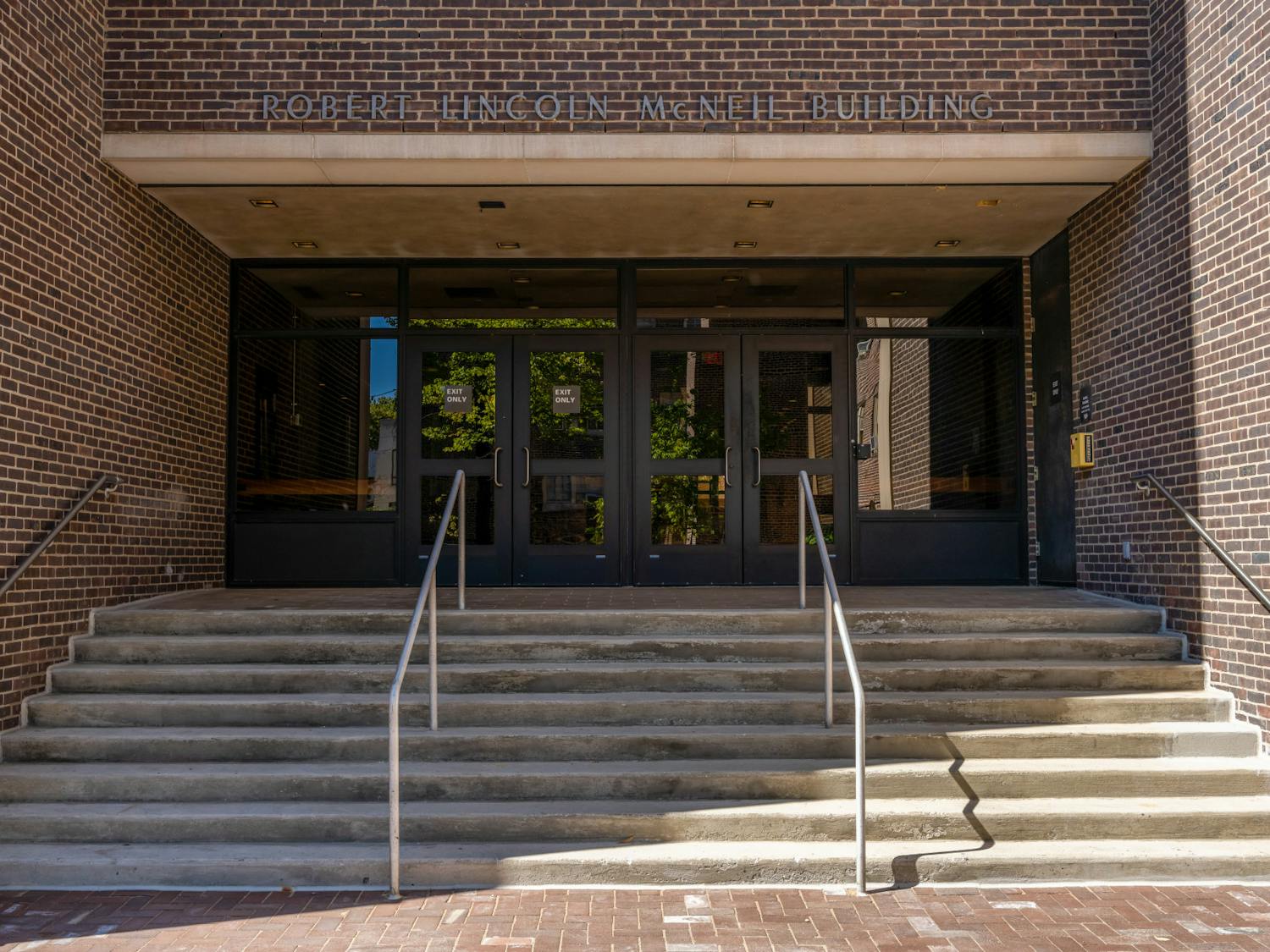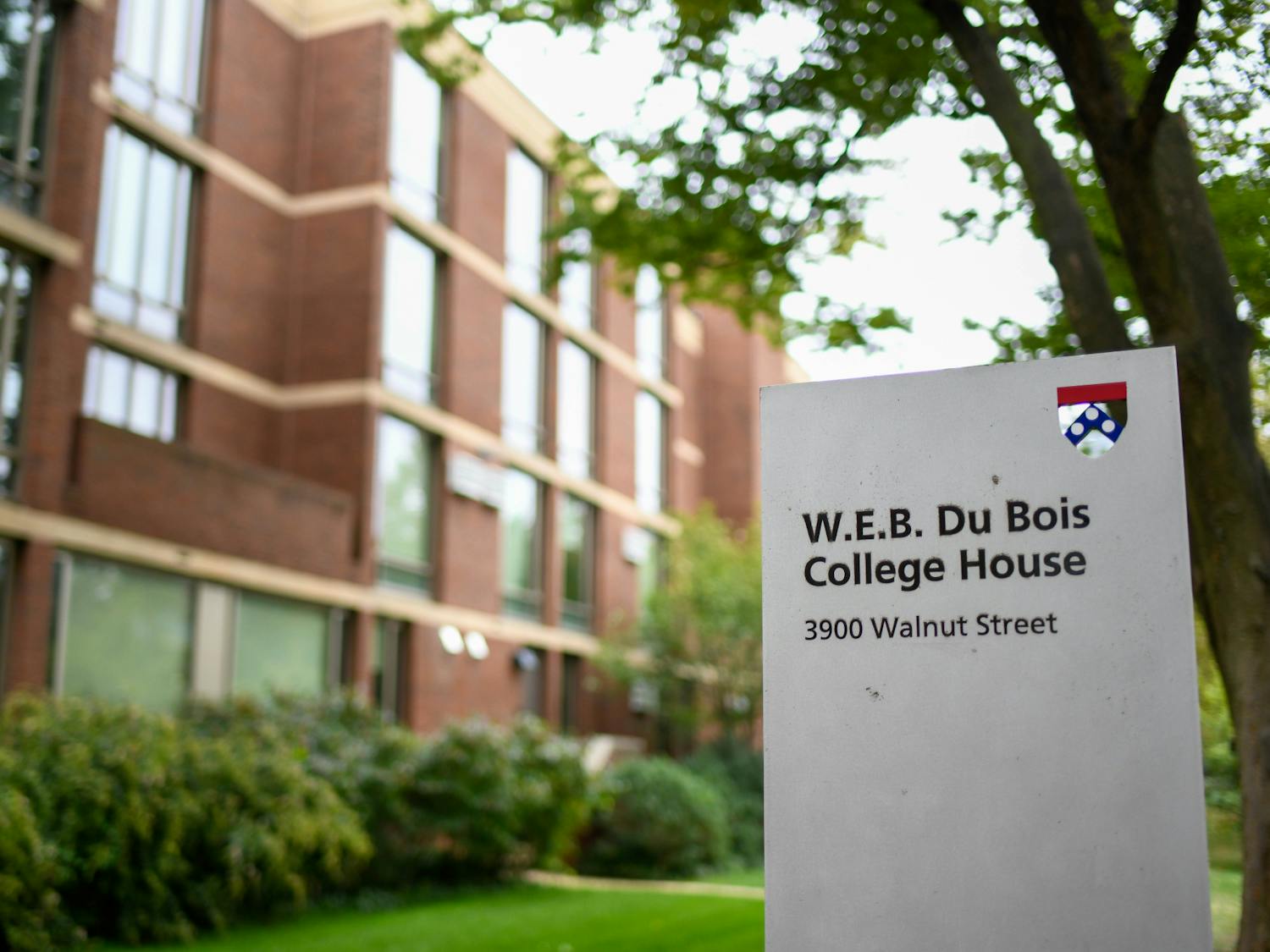Jacob Edmond, a professor of english and linguistics at the University of Otago, discussed the practice of using existing works of art to create new art at a Kelly Writers House event Wednesday.
The discussion centered around Edmond’s new book, “Make It the Same: Poetry in the Age of Global Media." Edmond shared how contemporary poets writing in English, Russian, and Chinese draw on existing literature to create their own work. Russian and East European Studies professor Kevin M.F. Platt and English professor Josephine Park then led a question and answer session.
“What I think is really interesting about looking at copying and repetition and poetry is that we can tell different stories," Edmond said. "Stories that don’t go through London, New York, or Paris, [but] stories that instead go through Kingston, or Taipei, or Moscow."
Edmond said he chose contemporary poetry in particular because the genre is associated with deliberate uses of repetition such as rhythm and parallelism. He said the practice of copying from other works blends the modes of production and consumption of literature.

Edmond said, “By examining the work of such poets, I show how literature over the past half century has turned to repetition to address new media technologies and global cultural change.”
"Consumption itself becomes production when writers, artists, and social media users make their art and personas through the selection and rearrangement of texts and copies from elsewhere, whether in a book, a gallery space, or Instagram,” he said.
As an example of copying and repetition, Edmond discussed versioning in poetry — the practice of overlaying different versions of a piece to create a new work of art. He said this practice can be traced back to Kingston, Jamaica in the 1960s, where artists combined audio files of different songs to make a new song.
“By examining the work of such poets, I show how literature over the past half century has turned to repetition to address new media technologies and global cultural change,” Edmond said.
RELATED:
Kelly Writers House hosts first Latina Poetry Night with renowned poets
An academic, a poet, and podcasters will visit Penn through the KWH Fellows program
During the Q&A session, Platt asked Edmond about whether the traditional insistence on originality and unrepeatability in art deviates from human history.

Copies of Edmond's book were available after the event.
“Repetition and iteration is a basic part of human culture in general, right?” Edmond said. “Language itself requires repeatability, otherwise we couldn’t comprehend each other. All the words that I’m using, I’m repeating. I’m just putting them in a particular order.”
Qing Liao, a second-year graduate student in the East Asian Languages and Civilizations Department, said she wished Edmond would have talked more about how world literature becomes a part of global media culture. She said she nevertheless enjoyed the event’s atmosphere.
“This event is great," Liao said. "It’s not that formal, and it’s intimate enough, and encourages a loving conversation."
Mame Balde, a high school senior at the Hotchkiss School who attended the event because of her interest in writing, said Edmond’s view on copying will influence how she thinks about art.
"I thought [the event] was pretty interesting, because his whole kind of thing is the history of people integrating ideas that aren't their own and coming together from that, and how every work essentially can't be original," Balde said. "As someone interested in writing, I was interested because I want to produce something that's original and unique and shares my story."









